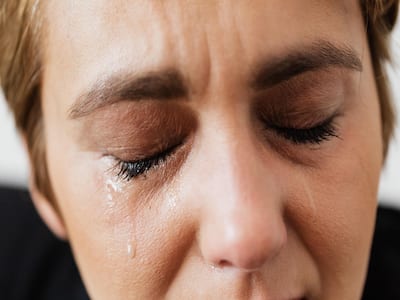
The researchers involved in a study found that targeting a specific bacterium with antibiotics might reduce the lesions associated with the condition.
Endometriosis is derived from the term ‘endometrium’ which is the tissue that lines the uterus. Endometriosis is a condition that affects women and it happens when a similar tissue starts to grow outside the uterus. It is usually difficult to diagnose and can sometimes cause severe complications. Also, the extra tissue responds to the hormones just as the endometrial tissue lining the uterus will do. The affected person can experience pain and unusual bleeding.
The disease is a chronic condition associated with severe, life-impacting pain during periods, painful bowel movements, chronic pelvic pain, bloating, and in some cases can lead to infertility. A study has found that nearly two-thirds of the patients having endometriosis have elevated levels of some bacteria around their uterus as compared to 10 per cent who don’t have the condition. In an experiment, it was found that administering antibiotics were found to reduce this bacteria and the formation of lesions which is common in the condition.
What did the study find?
Currently, there is no cure for endometriosis up till yet and the treatment is usually aimed at treating the symptoms rather than the condition itself. The tissue is non-cancerous but can lead to scarring and adhesions. The researchers involved in a study found that targeting a specific bacterium might reduce the lesions associated with the condition. However, the experiment was done on mice and it is yet to be understood that will the medicine have the same effects on human beings or not.
The study found that among the people having endometriosis, 64.3 per cent of them had higher levels of the bacteria in their uterine endometrial tissue and 52.4 per cent had higher levels of the bacteria in the endometrial tissue found outside the uterus.
READ RELATED: The Benefits of Cord Blood Banking: What Every Expecting Parent Should Know
While the reason why this bacterium might be attacking a few people is unknown but the discovery which if holds valid in human beings can lead to a possible treatment for the condition.
Study has limitations
As per reports, the study is incomplete since it has not been conducted on human beings. Moreover, mice lack a menstrual cycle. Moreover, as per quoted experts, the study lacks to provide evidence that Fusobacterium around the uterus promotes endometriosis. If the relation is established, then an antibiotic treatment could be implemented for the condition.
Till now, the available treatments for the condition include hormone therapy and surgery (where the unwanted tissue can be removed).
Total Wellness is now just a click away.
Follow us on
window.addEventListener(‘load’, (event) => {
$(‘#commentbtn’).on(“click”,function(){
(function(d, s, id) { var js, fjs = d.getElementsByTagName(s)[0]; if (d.getElementById(id)) return; js = d.createElement(s); js.id = id; js.src = “//connect.facebook.net/en_US/sdk.js#xfbml=1&version=v2.3”; fjs.parentNode.insertBefore(js, fjs);}(document, ‘script’, ‘facebook-jssdk’));
$(“.cmntbox”).toggle();
});
});








